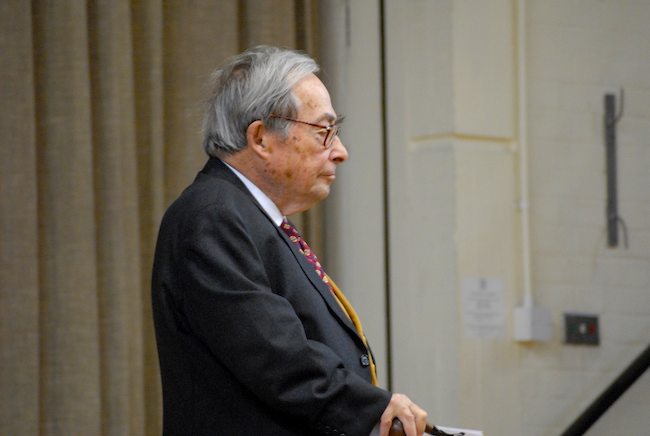It stands for Internet Addiction Disorder. Amusing piece by Mark Bittman about how he decided to become a Digital Sabbatarian…
My name is Mark, and I’m a techno-addict. But after my airplane experience, I decided to do something about it. Thus began my “secular Sabbath” — a term I found floating around on blogs — a day a week where I would be free of screens, bells and beeps. An old-fashioned day not only of rest but of relief.
Like many, though, I wondered whether breaking my habit would be entirely beneficial. I worried about the colleagues, friends, daughters, parents and so on who relied on me, the people who knew that whether I was home or away I would get back to them, if not instantly then certainly before the end of the day. What if something important was happening, something that couldn’t wait 24 hours?
Or was I just one of those Americans who’ve developed the latest in American problems, Internet addiction disorder?
So he decided to take weekends off from digital communications. How did he get on? Not badly, it seems:
I went back to nonwork, diligently following my rules to do less one day a week. The walks, naps and reading became routine, and all as enjoyable as they were before I had to force myself into doing them. It’s been more than six months, and while I’m hardly a new man — no one has yet called me mellow — this achievement is unlike any other in my life. And nothing bad has happened while I’ve been offline; the e-mail and phone messages, RSS feeds, are all there waiting for me when I return to them.
I would no more make a new-agey call to find inner peace than I would encourage a return to the mimeograph. But I do believe that there has to be a way to regularly impose some thoughtfulness, or at least calm, into modern life — or at least my version. Once I moved beyond the fear of being unavailable and what it might cost me, I experienced what, if I wasn’t such a skeptic, I would call a lightness of being. I felt connected to myself rather than my computer. I had time to think, and distance from normal demands. I got to stop.
Hmm… Why am I typing this on a Sunday evening?

